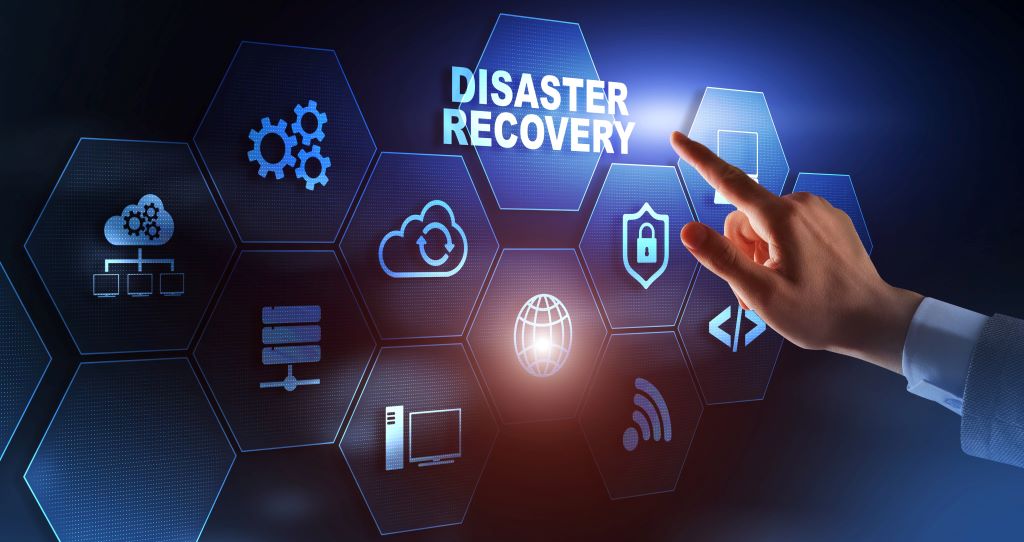Are you a business owner or leader who has already implemented multiple ISO standards in your organisation? If so, you’ll know that it can be challenging to manage them all with the same focus and approach. But did you know that you can streamline your standards into an integrated management system (IMS)? So, in this article, we’ll explore the advantages of integrating ISO standards and how this will help you to streamline your success and experience a boost to your business.
Enhance efficiency:
By integrating your ISO standards, you can draw together how to approach your management systems. So instead of juggling separate processes and documentation for each standard you can use a unified framework. By doing this, you can optimise how you allocate resources, avoid duplication of effort, and increased efficiency in how you implement and maintain compliance across your business.
Create synergy:
Teamwork makes the dream work, right? And integrating your ISO standards helps you to develop closer working between your colleagues. Across your ISO standards, such as, ISO 9001, ISO 14001, ISO 27001, ISO 45001, ISO 50001, or ISO 22301 (to name a few), there are common elements or similar themes which you can organise into a comprehensive and harmonised system. Everyone pulling in the same direction brings with it fewer conflicting requirements, improved consistency and more effective communication and collaboration across your teams.
Save time and money:
Although the benefits of ISO certification are not in question, some businesses find that managing multiple ISO standards individually can be time-consuming and costly. Did you know that, by integrating ISO standards, you can simplify the overarching management process and make significant savings on operational downtime? This is because that there’s no need to conduct separate audits for each standard. You can also slim down the number of records and documentation you need to maintain. Plus, you can train your staff more quickly on an integrated management system than on several individual standards.
Reduce risks:
Integrating ISO standards enables you to identify and mitigate risks more effectively. Through joined-up thinking, your teams can work together to evaluate potential risks across your whole organisation. This can lead to much faster identification and more strategic risk management, which delivers greater protection for your business.
Encourage continual improvement:
At their core, ISO standards aim to support ongoing, continual improvement. Integrating your ISO standards supports the leaders in your business to think along the same lines when identifying areas of improvement, monitoring performance, and implementing corrective actions. This, in turn, encourages a common sense of approach, which can be calibrated across different teams, to continual improvement, advancing innovation and improving your overall business performance.
“Where appropriate, we always recommend that our clients consider integrating their management systems. It makes sense to work from a single manual rather than having to refer to multiple sets of documentation. And the benefits go far beyond simple efficiency, with clients reporting fundamental improvements in teamwork which have significantly improved morale and their bottom line!”
Claire Howard, Director of ISO-Cert Online Ltd
Next steps
At ISO-Cert Online Ltd, we specialise in helping businesses to achieve an integrated management system with ease. For more information on our services or to discuss your requirements please contact us on 0333 014 7720 or email info@isocertonline.net.














Recent Comments